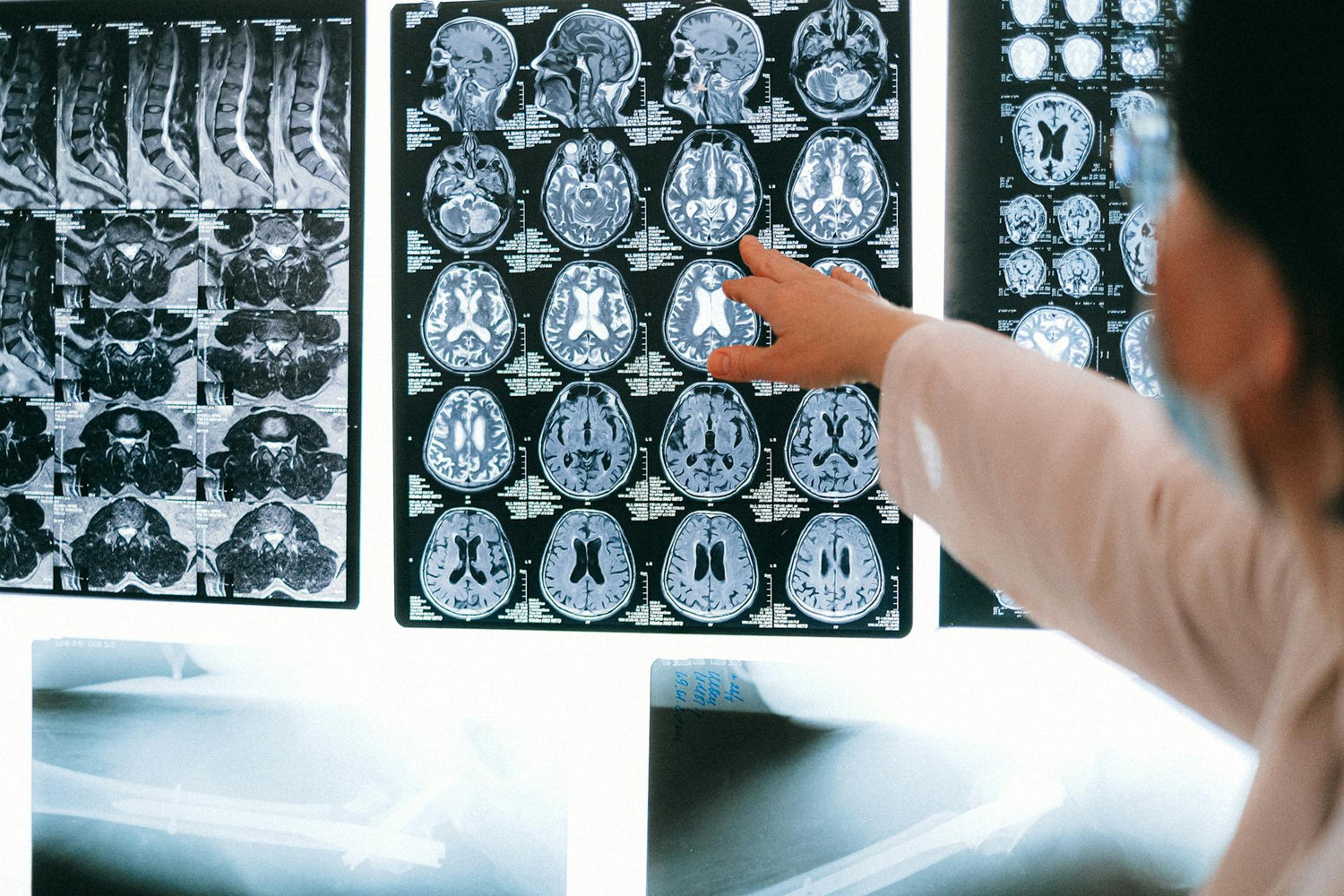
History of the entrance test
The MedAT (Medical Entrance Test) is the central entrance test for medical studies in Austria. It was introduced in 2013 and replaced the previous admission procedures at the Medical Universities of Vienna, Innsbruck, and Graz. Prior to the MedAT, from 2006 to 2012, Innsbruck and Vienna used the Aptitude Test for Medical Degree Programs (EMS), while Graz used its own testing procedure.
Since 2014, the MedAT has also been used at the newly established Faculty of Medicine at Johannes Kepler University Linz. The test is administered annually and simultaneously at all participating universities and assesses applicants' knowledge of the natural sciences, cognitive abilities, and social-emotional skills.
LOCATIONS
Where do you want to study?

Vienna
Vienna, the capital of Austria, is known for its rich history, impressive architecture, and cultural heritage. Known as the "City of Music" for its association with composers such as Mozart and Beethoven, Vienna is also home to world-class museums, theaters, and cafés. The Medical University of Vienna is one of the oldest and largest medical institutions in Europe and offers a state-of-the-art environment for prospective medical students completing the MedAT.

innsbruck
Located in the heart of the Alps, Innsbruck is a picturesque city known for its winter sports and scenic landscapes. It's a hub for outdoor enthusiasts, offering skiing, hiking, and breathtaking mountain views. As the capital of Tyrol, Innsbruck combines modern amenities with a rich cultural scene. The Medical University of Innsbruck offers the MedAT (Medical Examination) in this stunning alpine setting, making the city a unique location for students wishing to begin their medical studies.

Graz
Graz, Austria's second-largest city, is known for its well-preserved medieval Old Town, a UNESCO World Heritage Site. The city boasts a vibrant arts and culture scene with numerous galleries, theaters, and annual festivals. Graz is also home to the Medical University of Graz, where the MedAT (Austrian Medical Examination) is held, offering students a perfect blend of academic rigor and a charming urban environment.

Linz
As the capital of Upper Austria, Linz is a dynamic city on the banks of the Danube. Known for innovation and technology, Linz has developed into a modern cultural center with numerous art museums, theaters, and festivals. The Johannes Kepler University Linz, a relatively young institution, has become an important location for medical students and contributes to the city's growing academic reputation.
"The MedAT is not just an exam, but an opportunity to challenge yourself and grow. Those who have the courage to take this path open the door to one of the most meaningful and fulfilling careers—medicine. It is the beginning of a journey that brings not only knowledge but also the ability to change the lives of others."
Mak, medical student and founder of MedMax
Structure of the MedAT-H
An overview

Basic Knowledge Test for Medical Studies (BMS) and Text Comprehension (TV)
The Basic Knowledge Test for Medical Studies (BMS) is an important component of the MedAT and tests your knowledge in the subjects of biology , chemistry , physics and mathematics . In this section of the test, your knowledge is tested at Matura level to ensure that you have mastered the necessary fundamentals for studying medicine. The exam consists of multiple-choice questions and is divided into four subjects. You have 40 questions in biology, 18 questions in chemistry, 16 questions in physics and 11 questions in mathematics. You will also be confronted with numerous texts and 12 questions on the content afterwards. It is important to prepare well in order to not only master the academic basics, but also to deepen specific knowledge for the MedAT. Structured and targeted preparation for the BMS is crucial for your success in the test.

Cognitive abilities and skills (CFF)
The Cognitive Abilities and Skills (KFF) test is a crucial component of the MedAT and tests your logical thinking, memory, and ability to quickly process complex information. It consists of several subtests that challenge different cognitive abilities. These include assembling figures , in which you combine two-dimensional puzzle pieces to create a complete figure; recognizing number sequences , where you must identify patterns in number series; and verbal fluency training, which tests your linguistic flexibility. There is also the Recognizing Implications subtest, which tests logical conclusions; and the Memory and Retention Test , in which you must memorize a list of information within a short period of time and later recall it as accurately as possible. The tasks are designed to specifically challenge skills that play a key role in everyday medical practice—such as quickly recognizing patterns, logical thinking, and good memory. Targeted preparation for the KFF can significantly improve your performance, as many of the tasks can be trained with the right strategy.

Social-Emotional Competencies (SEK)
The Social-Emotional Competencies (SEK) section of the test assesses how well you can recognize emotions and respond appropriately in social and ethical situations. It consists of three subtests: Regulating Emotions, Recognizing Emotions , and Social Decision-Making .
The Emotion Regulation test section assesses your ability to remain calm, controlled, and goal-oriented in stressful or emotionally charged situations. It assesses how well you recognize and purposefully control your own emotions. The Emotion Recognition Test is about correctly interpreting emotions in certain situations and assigning the appropriate emotions—a skill that is particularly important in everyday medical practice for responding empathetically to patients. In the Social Decision-Making subtest, you evaluate various courses of action in moral or interpersonal conflict situations and rank them according to their ethical acceptability. This section tests how well you can empathize with others and whether you act responsibly in complex situations. Since empathy and social skills are essential characteristics for aspiring doctors, this section is an important part of the MedAT. Even though social skills aren't as easy to train as other test sections (especially Emotion Recognition), you can prepare for these tasks through targeted preparation with ethical issues and social psychological theories.
The MedAT is the entrance exam for medical studies in Austria. It consists of several sections that assess your cognitive abilities, social skills, and scientific knowledge.
The MedAT begins between 8:30 and 9:30 a.m. and ends between 4:00 and 5:30 p.m., depending on the test format (human medicine vs. dentistry).
The MedAT is administered annually in several Austrian cities, including Vienna, Innsbruck, Graz, and Linz. The test will take place on July 4, 2025. You can find the exact details on the official websites.

